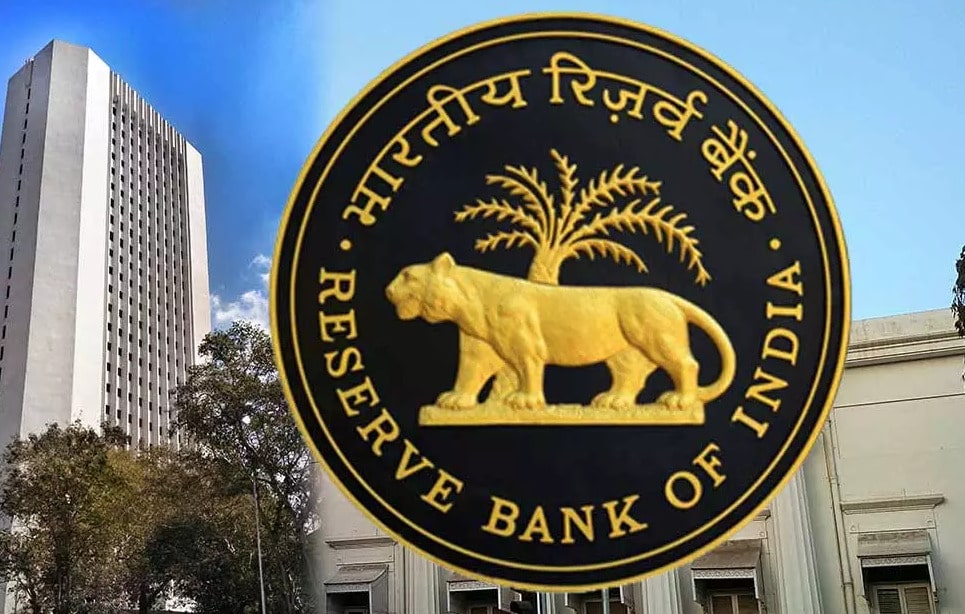The Reserve Bank of India (RBI) has recently taken action against three prominent banks, imposing penalties for their failure to comply with specific regulatory directions. The penalties include a fine of Rs 2.5 crore on Jammu and Kashmir Bank, Rs 1.45 crore on Bank of Maharashtra, and Rs 30 lakh on Axis Bank. These penalties serve as a reminder of the central bank’s commitment to enforcing compliance and maintaining the integrity of the banking system.
Jammu and Kashmir Bank has been penalized with a fine of Rs 2.5 crore for non-compliance with several regulatory directions, including those related to the time-bound implementation and strengthening of SWIFT-related operational controls. SWIFT (Society for Worldwide Interbank Financial Telecommunication) is a messaging network widely used by banks to securely transmit financial information. The RBI’s directive emphasized the importance of ensuring robust operational controls to mitigate potential risks associated with the SWIFT system. The penalty imposed on Jammu and Kashmir Bank underscores the seriousness of non-compliance with these essential regulatory measures.
Similarly, Bank of Maharashtra has been penalized with a fine of Rs 1.45 crore for non-compliance with specific directions issued by the RBI regarding “Loans and Advances – Statutory and Other Restrictions” and the advisory on “Man in the Middle (MiTM) Attacks in ATMs.” The RBI has been proactive in providing guidelines and directions to banks to enhance security measures and ensure the safety of customer transactions. Non-compliance with these directives can have serious implications for the banking system’s integrity and customer trust. The penalty on Bank of Maharashtra serves as a reminder of the importance of adhering to regulatory guidelines and reinforcing security protocols to safeguard the interests of customers and the broader financial ecosystem.
In another enforcement action, the RBI imposed a penalty of Rs 30 lakh on Axis Bank. The penalty was imposed because the bank levied penal charges on certain accounts for late payment of credit card dues, even though the customers had made the payments on time through third-party platforms. The RBI’s directive aims to protect consumers from unfair practices and ensure that banks adhere to fair and transparent procedures when handling customer transactions. The penalty on Axis Bank highlights the need for banks to exercise due diligence and fairness in their dealings with customers, particularly in the area of credit card dues and penal charges.
These penalties imposed by the RBI signify the central bank’s commitment to upholding regulatory compliance and maintaining the integrity of the banking sector. The actions emphasize the importance of banks’ adherence to regulatory directives, implementation of robust operational controls, and protection of customer interests. The penalties also serve as a deterrent to other financial institutions, sending a clear message that non-compliance with regulatory guidelines will not be tolerated.
It is important to note that while these penalties have been imposed on the banks, they have the opportunity to rectify the identified deficiencies, strengthen their compliance frameworks, and ensure future adherence to the regulatory guidelines. The RBI’s focus remains on fostering a robust and secure banking ecosystem that promotes customer trust, financial stability, and overall economic growth.
As the banking sector continues to evolve and face new challenges, regulatory compliance and adherence to guidelines become paramount. The RBI’s actions against Jammu and Kashmir Bank, Bank of Maharashtra, and Axis Bank highlight the ongoing efforts to maintain the integrity and soundness of the banking system. The penalties serve as a reminder to all financial institutions to prioritize compliance and continuously improve their operational controls and customer-centric practices.
In conclusion, the RBI’s imposition of penalties on Jammu and Kashmir Bank, Bank of Maharashtra, and Axis Bank reflects the central bank’s commitment to regulatory compliance and maintaining the integrity of the banking sector. These penalties underscore the importance of adhering to regulatory directions, strengthening operational controls, and protecting customer interests. The actions serve as a reminder to banks to diligently follow the guidelines and regulations set forth by the RBI to ensure a secure and trustworthy banking ecosystem for all stakeholders involved.










